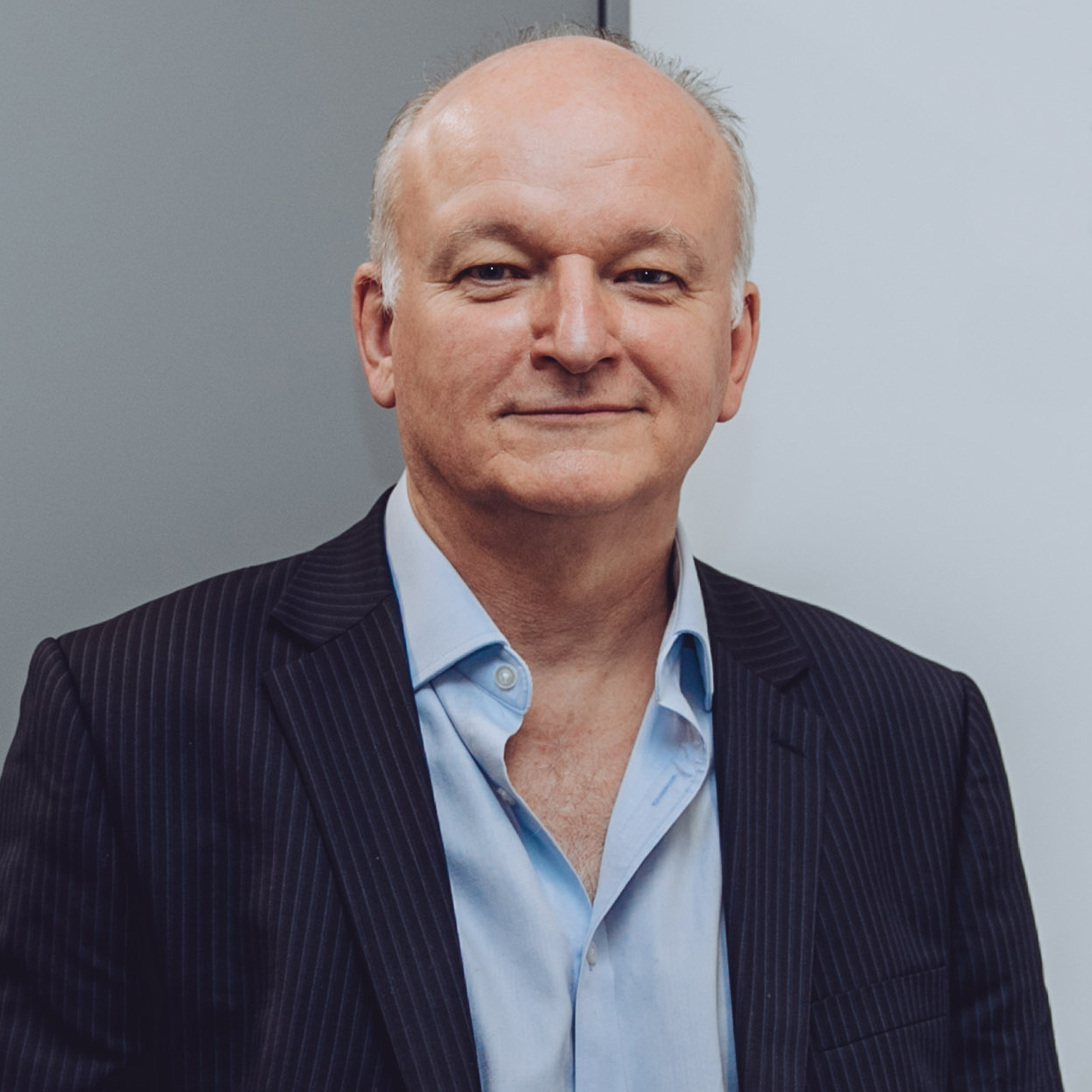Local charities are there for people when public provision fails
A visit to a community chaplaincy has demonstrated some of the difficult work those at the sharp end are doing
19 October 2022
A visit to a community chaplaincy has demonstrated some of the difficult work those at the sharp end are doing
19 October 2022

This article was first featured in the Third Sector
Every year, the excellent Prison Reform Trust Bromley Briefings lands on my desk.
It’s a very good barometer of what is happening in our prisons. And it’s always a tough read.
But looking at the data is not nearly so tough as hearing from the mouths of those on the receiving end.
I recently visited a community chaplaincy in the east of England. With an annual income of less than £100,000, its size belies its impact.
Nestled in a corner of the thriving community hub in a large city centre church it operates on a shoestring with three part-time staff and 19 volunteer mentors who work with 34 prison leavers before and after they leave prison.
It's terrific work. Befriending those who leave prison with £76 and sometimes little else.
And it’s difficult. Though you wouldn’t know it from the quietly understated way in which the chaplaincy manager describes how they liaise within prisons, manage risk, plan support and just be there – including critically at the prison gate when prisoners leave.
Their forte is people who face particularly complex needs. They could easily double their support if they had the resources.
When we met they were contemplating whether to seek probation grant funding from the probation service but were very clear it could not be at the expense of their bespoke model or the trust placed in them by their ‘clients’.
One of their concerns is public perceptions of prisoners locally - who split between those who think people leaving prison don’t deserve support because of why they were in there in the first place.
And those who think they don’t need it because it’s not a problem. Fortunately there are enough local people who don’t think this to volunteer as mentors.
I was humbled to meet two of their clients, who we'll call Des and Les.
Des began life in Scotland, moved to the east end of London aged 6 and was placed in care by his mother at 7, where he began a life of petty theft starting with bicycles, that led to involvement in crime and ultimately as an accessory to murder.
He had spent 35 years in prison before he found the chaplaincy. His experience of life has left him with diagnosed PTSD and a fear of groups developed over his time in prison – not least in solitary confinement.
But while in prison he was also able to demonstrate his quite extraordinary talent as an artist using a wide range of media – beginning with 3D images created with the waste from making double glazing in prison.
Tragically since leaving prison he hasn’t had the materials to continue his art. But he does seem more settled with the regular support he receives.
He is even sanguine about the lack of support he received as a child – recounting how he was moved from care to his own accommodation at the age of 18 and left to fend for himself without any of the basic life skills or family networks most of us take for granted.
Les describes himself as a ‘PPO’ – prolific and priority offender – and he has been in and out of prison for years. He’s gentle and reflective about his experience recounting that a lot of his offending has been drug driven.
He says he has been clean for eight weeks since he left, is determined to stay out and is proud to have secured a job for the first time in years in a local food processing plant.
His family has lost contact with him. He understands why. It’s one reason he wants it to be his last this time.
The chaplaincy supports prisoners whatever their reasons and whatever their character - people living chaotic lives who come back to the service again and again.
But measured against the only criteria they can – days out of prison – they have considerable success which makes them an attractive point of referral for stretched probation services.
Community chaplaincies continue to expand in number.
The chaplaincy I visited is one of 41, operating or in start-up, around the UK.
But even as they expand they can’t keep pace. We imprison more people per capita than anywhere in western Europe – almost twice the rate of Germany and Sweden.
Nearly two in five are sentenced to serve six months or less - even though the Ministry of Justice acknowledges that prison is less effective than community sentences at reducing reoffending.
If we followed the data we would build fewer prisons and build more on the success of community interventions to prevent offending and re-offending.
But too often, in our haste to judge those whose blighted lives led to offending, dogma wins the day.
If the Johnson government commitment continues into the Truss government, the 80,360 men and women in prison as of 17 June will be joined by 20,000 more in the next few years.
It will be the small and locally-rooted charities I’ve come to know over the years, such as the community chaplaincies, that will be there for people when public provision has let them down.
What’s happening in prisons isn’t an isolated trend, and many charities across the sector will be faced with rising demand for their services at a pace in which will be difficult to match.